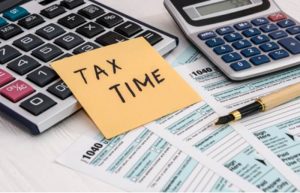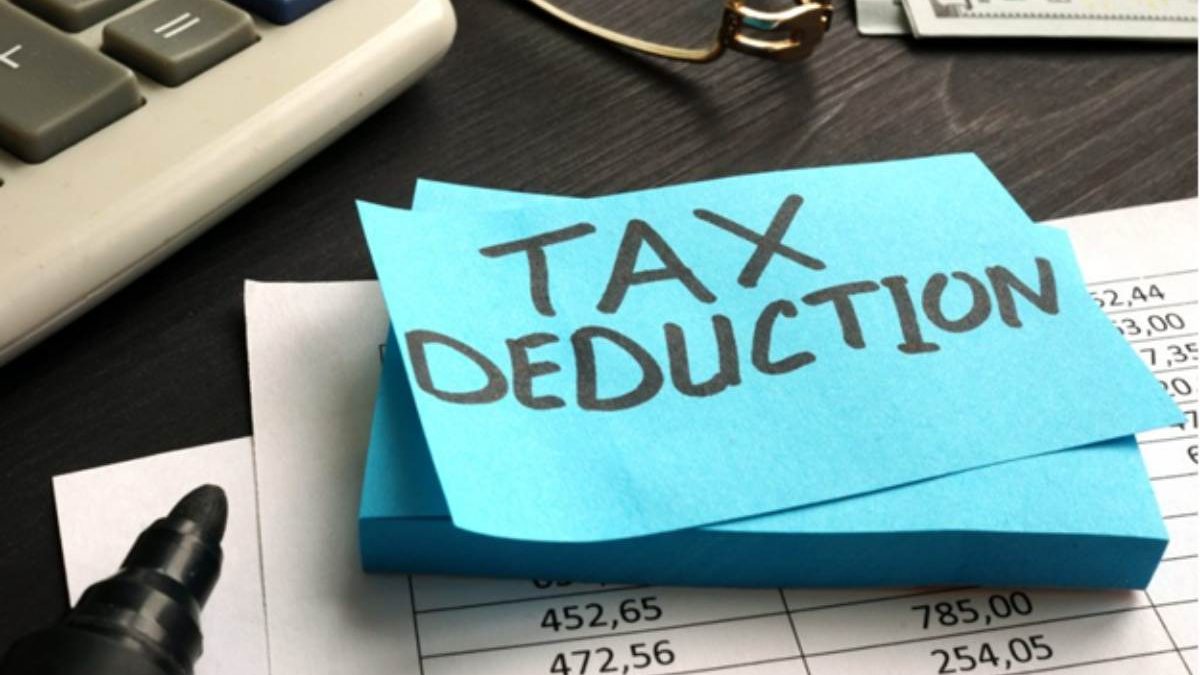Whenever taxes are mentioned, the average person will frown. This is not necessarily because we don’t like the idea of paying taxes. It is because there are so many different things to take into account when calculating them, and you need to be absolutely sure that you are doing everything the right way, because there are even penalties involved if you make certain mistakes. So, the tax season is usually a nightmare for most people.
There are, however, at least a few of those individuals who have really gotten the hang of it all and who have figured out precisely how to do everything the right way. Great for them, am I right? In case you are one of those individuals, then I have a question for you. Can you actually get a tax deduction whenrefinansiering a personal loan?
Have you even wondered how it is that your loans impact your taxes, or is this completely new ground for you? In case you’re actually a tax expert, I suppose that the answer is pretty clear and I am sure I can learn a lot from you. Given that you are here, though, I am much closer to the assumption that you are not an expert on this topic and that you are, instead, trying to find answers instead of giving them.
Well, if that is your case, then here is what we’re going to do. In plain words, I am going to try and provide you with the answers that you are after, and thus, hopefully, make your tax filing process much easier. So, you simply need to continue reading, and you’ll learn if there is a possibility to get the skattefradrag that you are hoping for.
Table of Contents
Are Personal Loans Tax Deductible?
The first thing that we need to do before we get to refinancing is talk about personal loans in general. You must have wondered at least once if personal loans are tax deductible. Well, in general, the answer is no. Although, there are certainly some exceptions to that rule. Even with those exceptions, though, the thing to understand is that only the interest is deductible.
Read more about personal loans and tax deductions here: https://www.investopedia.com/ask/answers/112415/are-personal-loans-tax-deductible.asp
Can You Get A Tax Deduction When Refinancing Your Loan?
If you have, say, a mortgage, a consumer loan and credit card debt, combining them all into one debt by refinancing could be a good option for you. This is something that you must have considered doing already, as it is quite clear that it can be beneficial to a lot of people. Refinansiering is a concept that has been around for a while and I am pretty sure that you already understand how it works.
What does it have to do with taxes, though? Well, that is the main question here, and that is what we are trying to get to the bottom of, so keep reading to get your facts straight. Basically, when you decide to do loan refinancing, you are doing it because you want to save money. Combining all the debt into one refinansiering loan can undeniably help you save quite a lot, provided that you choose the right options and carefully apply for the perfect new loan.
What if I told you, though, that you could increase those savings even further by making sure to include all the tax deductions in your tax return? Of course, I am talking about including those deductions that you are entitled to, because we are not trying to cheat the system here. In fact, we couldn’t do it even if we did want to try it, which is why I suggest you give up any such plans that you might have.
Okay, I suppose that you haven’t really been thinking about cheating the system, as that would be, well, illegal. Still, there’s a huge change that you are not quite certain as to whether you can get those tax deductions when refinancing, because it all probably sounds a bit too good to be true. Well, the great news is that there is absolutely nothing unusual to this and that you are definitely entitled to some deductions here. So, don’t forget to include them into your tax returns.

How To Do It?
Now that you know that skattefradrag on refinansiering loans is a possibility, you are probably wondering how you can get those. In other words, you want to know exactly how to play your cards so as to be sure that you are doing it the right way. In order to understand that, you’ll need to get a clear idea as to the deductibles that you are entitled to, because you don’t want to skip any of them. After all, your goal is to increase savings with the help of those, which is why you should get properly informed on everything.
The first thing to understand here is that the costs you will incur during the refinancing process are also deductible. So, it’s not just the interest rate that you should take into account here, but also all the other costs that have arisen during the refinancing process. This is definitely a huge plus, since it means that you’ll get to increase those savings that we are talking about. Thus, make sure to remember this important piece of information when doing the tax returns.
Speaking of that, in most instances, the deductions will automatically appear on your tax returns. Yet, this is not something you should take for granted, because mistakes can happen, and they can happen easily. So, your goal here is to carefully go through the documents and check if the amounts and deductions are correct. In case they aren’t, make sure to correct them and don’t forget to double check.
This is especially important if you have had certain expenses for loans abroad. This is because the tax authorities won’t automatically list those specific expenses. Thus, you will need to list them manually. That is one more reason why you should always check and double check the documents, so that you are absolutely sure that everything is entered correctly, and so that you can manually add those things that weren’t added to the return.
The Bottom Line
If you have been reading carefully, then a few important things have certainly become clear to you. For starters, only the interest rates from personal loans can be tax deductible. When refinansiering is in questions, you can get a skattefradrag both for those interest rates and for the expenses that have incurred during the refinansiering process.
Moving on, your tax returns should automatically show these deductibles, but you should still always check to make sure that everything is listed correctly. And, finally, during the process of checking everything, you should remember that the costs for abroad loans certainly won’t be added to the returns, meaning that you should add those manually. So, to sum things up, you can get the deductions you are after, but you need to be quite careful when filing the returns, because not everything might be properly listed. When you do everything the right way, you’ll get to save quite a lot of money, so do be careful during this process.


Review Can You Get A Tax Deduction (Skattefradrag) When Refinansiering & How.